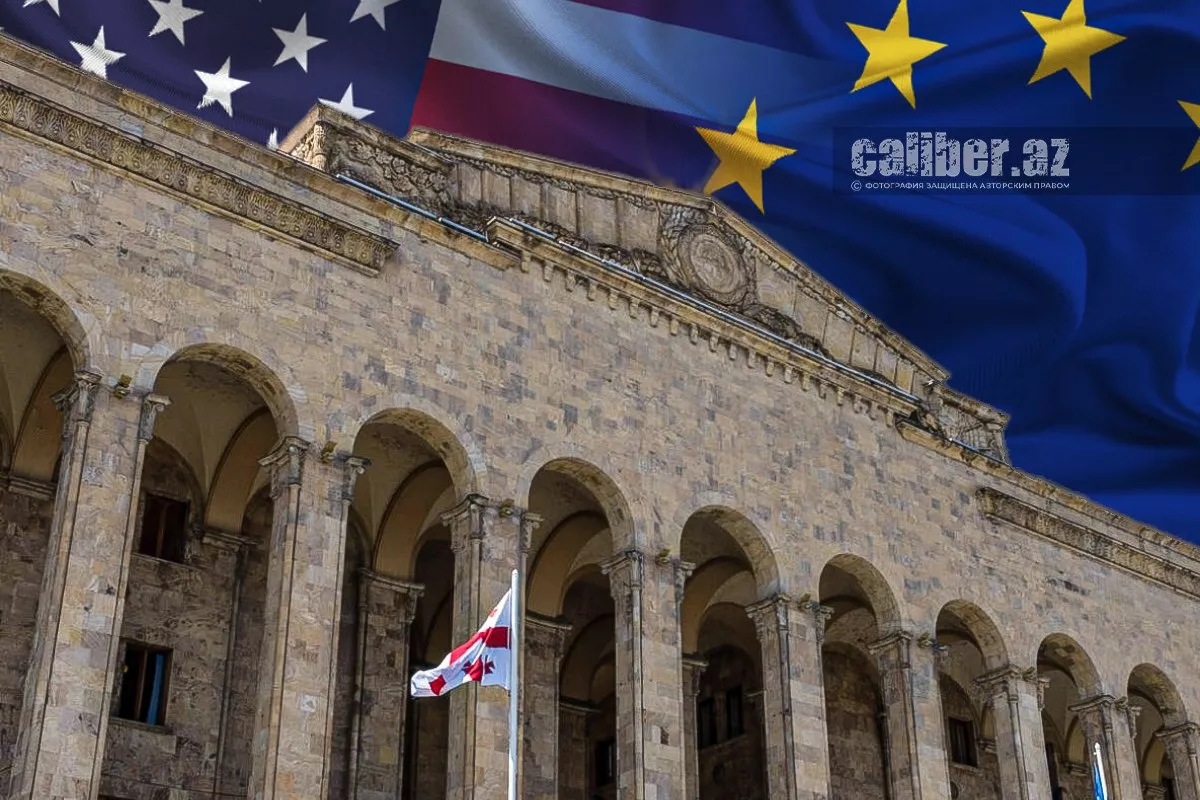The struggle for Georgia “put on hold” Opposition fractures, foreign aid wanes
The Georgian pro-Western opposition, once expected to incite "revolutions and upheavals," has become to look rather pathetic. Protests and demonstrations by the opposition, aimed at challenging the "stolen election victory," have swiftly faded into marginal relevance. Each new gathering draws fewer participants, and the media no longer pays much attention. It also seems that Salome Zourabichvili is finally heading towards a "political retirement."
The opposition's threats to boycott parliament and refuse participation have abruptly ceased. The parliamentary platform will be necessary for opposition leaders to remind the public of their existence, especially as they won’t be able to sustain political activity in the "street protest" format for long. Additionally, with potential cuts in foreign funding, working in parliament becomes more attractive for opposition leaders, particularly in terms of "vote trading." As expected, the opposition has effectively fractured — as of November 4, 2024, Giorgi Gakharia and his party no longer participate in protests against "election fraud."
However, pressure and attacks on the Georgian authorities from the EU have not let up. Georgia is once again being threatened with a "halt in European integration," though, as Turkey’s experience shows, it could remain stuck in "membership negotiations" for many years. French President Emmanuel Macron, German Chancellor Olaf Scholz, and Polish Prime Minister Donald Tusk issued a joint statement expressing "concern" about the political situation in Georgia. "Unless Georgia reverses its current course of action and demonstrates tangible reform efforts, in particular by repealing recent legislation that runs counter to European values and principles, we will not be in a position to support the opening of accession negotiations with Georgia," the statement reads.

In sync with the leaders of France, Germany, and Poland, Marta Kos, recently appointed as the EU Commissioner for Enlargement in the new European Commission, issued a statement. "We are ready to go on with the enlargement process. The first condition would be that the government of Georgia shows us that they are willing to go this way, and we expect them to repeal the two laws they have adopted — on 'foreign interference' and 'values and family.' Repealing these laws would be the first signal, and we are prepared to support Georgia’s path to the European Union," said Marta Kos.
"We have prepared a financial package not only for the government and reforms but also for civil society. I believe nothing is settled yet. I hope we can continue assisting Georgia with the support of the European Parliament," Marta Kos also stated.
This signals to pro-Western NGOs in Georgia that their funding will not be completely cut off, which is crucial for the opposition. Many experts believe that a victory by conservative Donald Trump in the US presidential election could lead to a reduction in funding for organizations promoting a liberal agenda. Georgian "foreign agents" are also at risk of losing a substantial portion of external financing, especially given that they have failed to fulfill their foreign sponsors' "assignments" in Georgia.
However, the fact that the current pro-Western Georgian opposition failed to gain power either through elections or a "Maidan-style" uprising does not mean that the struggle for Georgia is over. It is simply "put on hold." How long this pause will last depends on how the geopolitical situation unfolds on the "Ukrainian front" and in the Middle East and when the West will feel a "critical need" to assert full control over Georgia.
Vladimir Tskhvediani, Georgia, for Caliber.Az








